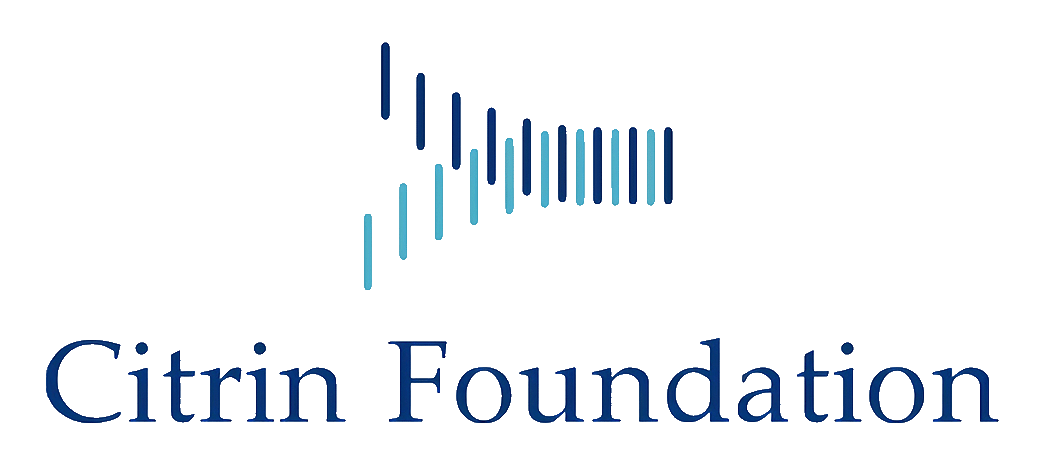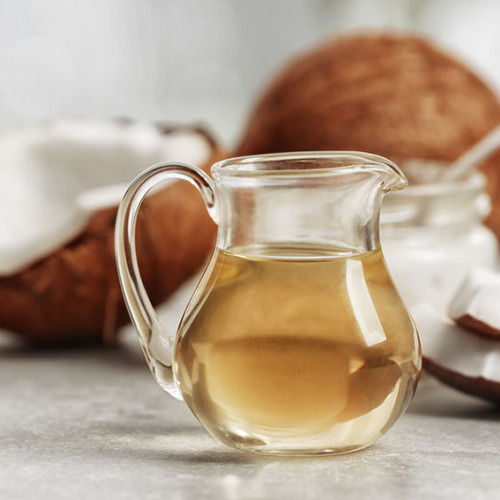We are frequently updating our FAQs section to address commonly asked questions from patients and their families. Please submit to us any questions you may have, and we will try our best to address them through our panel of experts. Answers will be posted here if they are helpful.
If you are not able to find the answer to your question, you may get in touch with our Foundation here or you may write to us at info@citrinfoundation.org.
Currently, it is diet management. For NICCD patients, lactose-free formula supplemented with MCT is recommended [Tazawa et al. 2004, Ohura et al. 2007]. For post-NICCD patients, they should adhere to a low carbohydrate, high-protein, high-fat diet. MCT is also reported to be helpful and is recommended to be included in the patient’s diet during the “silent period”. For CTLN2 patients, they should also follow a low carbohydrate, high-protein, high-fat diet in addition to prescriptions such as sodium pyruvate, arginine, and/or MCT.
The onset of CTLN2 is not yet fully understood although there are a few triggers that are thought to contribute to its development (e.g., alcohol, overconsumption of carbohydrates or sugars, serious infections, certain medications) [Okano et al. 2019]. As such, this is one of the primary areas on which the Foundation is focusing and is actively funding research to elucidate factors that may lead to the onset of CTLN2. It is very important that patients avoid alcohol consumption, which is reported to result in hyperammonemia. Glycerol or high fructose infusions should also be avoided as it has been reported to rapidly worsen patients’ conditions [Takahashi et al. 2006, Saheki & Song 2005; last updated 2017]. Some reports also suggest avoiding acetaminophen and rabeprazole as they might induce CTLN2 [Okano et al 2019]. From what we have understood so far, the best way to prevent the onset of CTLN2 is through proper diet management (high protein and fat, low carbohydrate diet) and MCT supplementation. MCT is reported to be helpful for CTLN2 and is recommended to be included in the patient’s diet [Hayasaka et al. 2014; Hayasaka et al. 2018].
Based on the literature and personal communications, not all patients with citrin deficiency will develop CTLN2. In Japan, where there is a high awareness of CTLN2, its population frequency is 1:100,000 to 1:200,000, whereas the frequency of NICCD is approximately 1:17,000. It is not certain yet what actually triggers the onset of CTLN2.
It is important to stress that citrin deficiency is an inborn error of metabolism that primarily affects the liver and its associated metabolic pathways. As long as there is no recurrent hyperammonemia, patients should not experience neurological or psychiatric symptoms, or cognitive impairments. Therefore, the cognitive development and abilities of the patient should not be affected if the patient does not develop CTLN2, which has not been observed in children so far.
During the NICCD period, it is recommended for your child to go for monthly checkups that include blood tests and physical examinations. Post-NICCD checkups should be carried out every 4 to 6 months. The attending physician will advise on the frequency of checkups based on the patient’s condition.
You, or your child’s attending physician will decide ultimately what tests are suitable. Typically, a full liver function panel, gamma-glutamyl transferase (GGT or GPT) test, blood ammonia levels, and a full amino acid profile will be ordered. An alpha-fetoprotein (AFP) test will also be requested for neonates until they have outgrown the NICCD period. Some physicians may also check for bile acid, serum lipid, and blood glucose levels.
The biochemical changes that occur during the “silent period” and their physiological consequences are still being established. While some patients may appear mostly healthy, others may experience hypoglycemia, fatigue, abdominal pain, or growth impediments. A focus of the Foundation is to study what happens in the body during the “silent period” and if there are compensatory pathways or genetic factors that may help patients cope during this period, as well as possible triggers of CTLN2 and how to prevent them.
Most citrin deficiency patients have a strong preference towards foods that are high in protein and fat while disliking carbohydrates and sugary foods. Some patients have also been reported to favor milk. It is completely normal for your child to exhibit these dietary tendencies if he or she has citrin deficiency. It is a natural and necessary adaptation for them to preserve their health. It is generally advisable to allow them to eat what they prefer and in the amount that they wish.
Many NICCD patients have been given lactose again after their liver functions have normalized. Re-introducing lactose does not seem to cause any deterioration in the lab results for liver function tests or plasma amino acid tests in these patients. This is a puzzling question, and one that our Foundation is trying to fully understand. You or your child’s attending physician will ultimately decide whether it is appropriate to re-introduce lactose into their diet and if yes, when to do so. However, if patients have galactosemia post-NICCD, lactose should be removed from their diet.
It is recommended that more frequent meals in smaller portions are to be given to patients when they are sick. Special attention should also be given to them to ensure that they do not experience hypoglycemia.
We notice that most citrin deficiency patients have a strong food preference and generally dislike/avoid carbohydrates. Feedback from patients in our Foundation registry shows that overconsumption of carbohydrates tends to cause discomfort for patients. Studies suggest that the strong food preferences seen in patients is a natural self-defense mechanism to help them cope and maintain their health [Okamoto et al. 2021]
Please find the list of references here.



